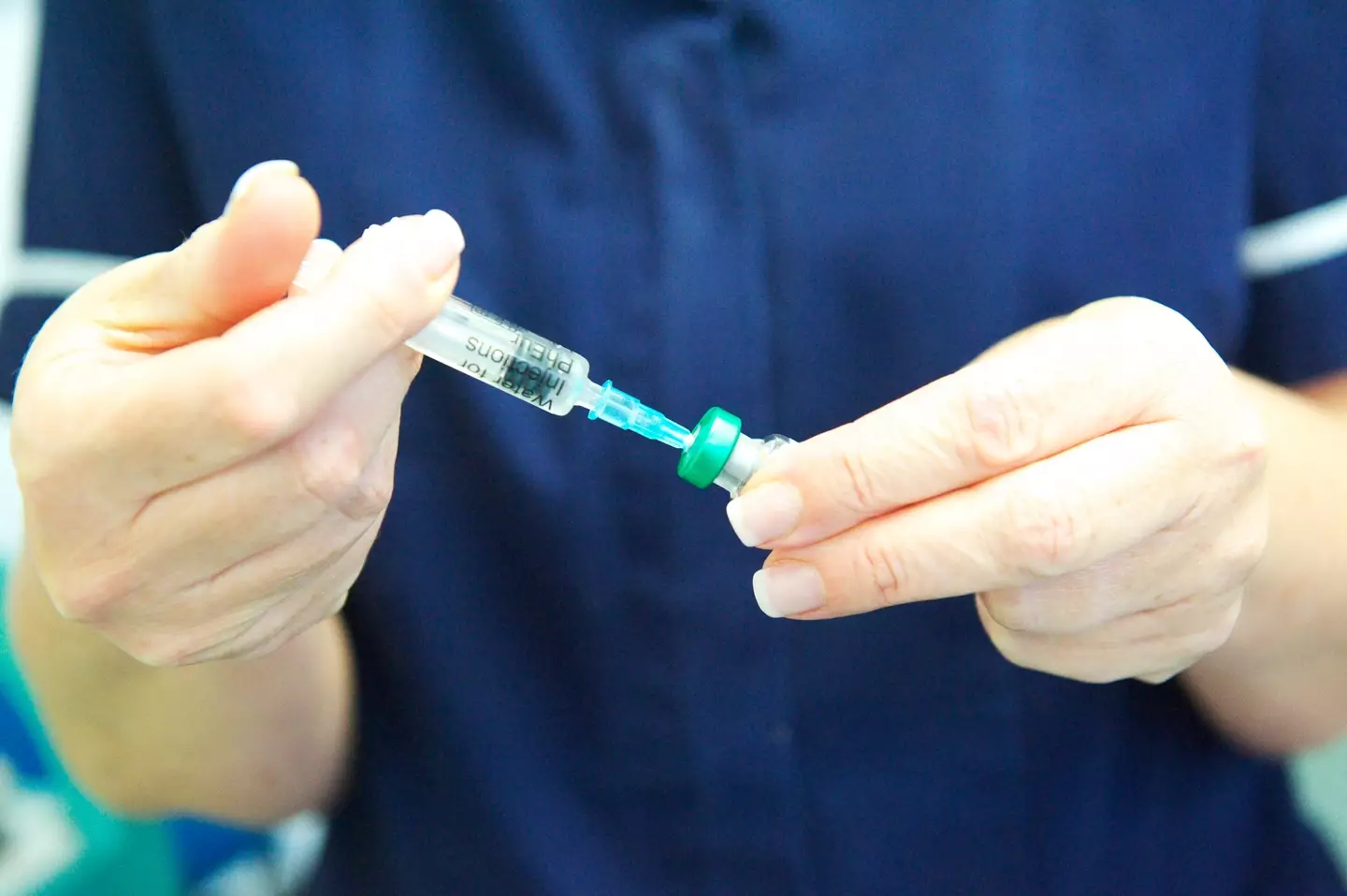
A new study has revealed that people who have contracted covid in the past six months are more likely to get blood clots.
Researchers behind the study have warned there is a risk of lung blood clots up to six months after infection, and deep vein thrombosis in the three months after catching covid.
Experts also noted a ‘greater chance of a bleeding event’ for two months after catching the virus.
The study analysed 29 million people who received the AstraZeneca or Pfizer vaccine, and 1.7 million people who contracted the virus.
Advert

Covering the new research, The Sun reports this is further evidence of the importance of vaccine uptake, which protects against covid complications.
Researchers in Sweden also found that even people with mild covid cases are at risk of both pulmonary embolism and deep vein thrombosis.
They concluded in their study: “Our findings arguably support thromboprophylaxis to avoid thrombotic events, especially for high risk patients, and strengthen the importance of vaccination against Covid-19.”
There was initially some hesitancy in vaccine uptake after people experienced blood clotting following their jabs.
The Australian government even banned young people from getting the AstraZeneca vaccine over fears it could result in blood clotting events.
However, a landmark UK study published in August 2021 found the risk of blood clotting due to covid infection is greater than the risk posed by vaccination.
Research shared in the British Medical Journal found that for every 10 million people who were given the AstraZeneca vaccine, just 66 suffered a blood-clotting syndrome.

The figures pale in comparison to blood-clotting in people who caught covid.
In comparison, 12,614 instances of blood clots were recorded in 10 million people who tested positive for coronavirus.
Aziz Sheikh, a co-author of the study and professor at the University of Edinburgh, said the outcome of the research 'underscores the importance of getting vaccinated to reduce the risk of these clotting and bleeding outcomes in individuals'.
The research concluded: "The UK provides an ideal setting to study these widely deployed vaccines because they have been used at scale, enabling direct comparison.
"Other strengths of our study include representativeness, data completeness for exposures, and timeliness.
"Our results are likely to be generalisable to other older populations because we have studied a very large sample of much more diverse patients than those enrolled in clinical trials; however, they might not be generalisable to younger populations because they have not yet been vaccinated in large numbers."
If you’ve been affected by coronavirus and want up to date advice, visit the Gov.uk help page here. If you need medical help call NHS 111 or visit online
Topics: Coronavirus